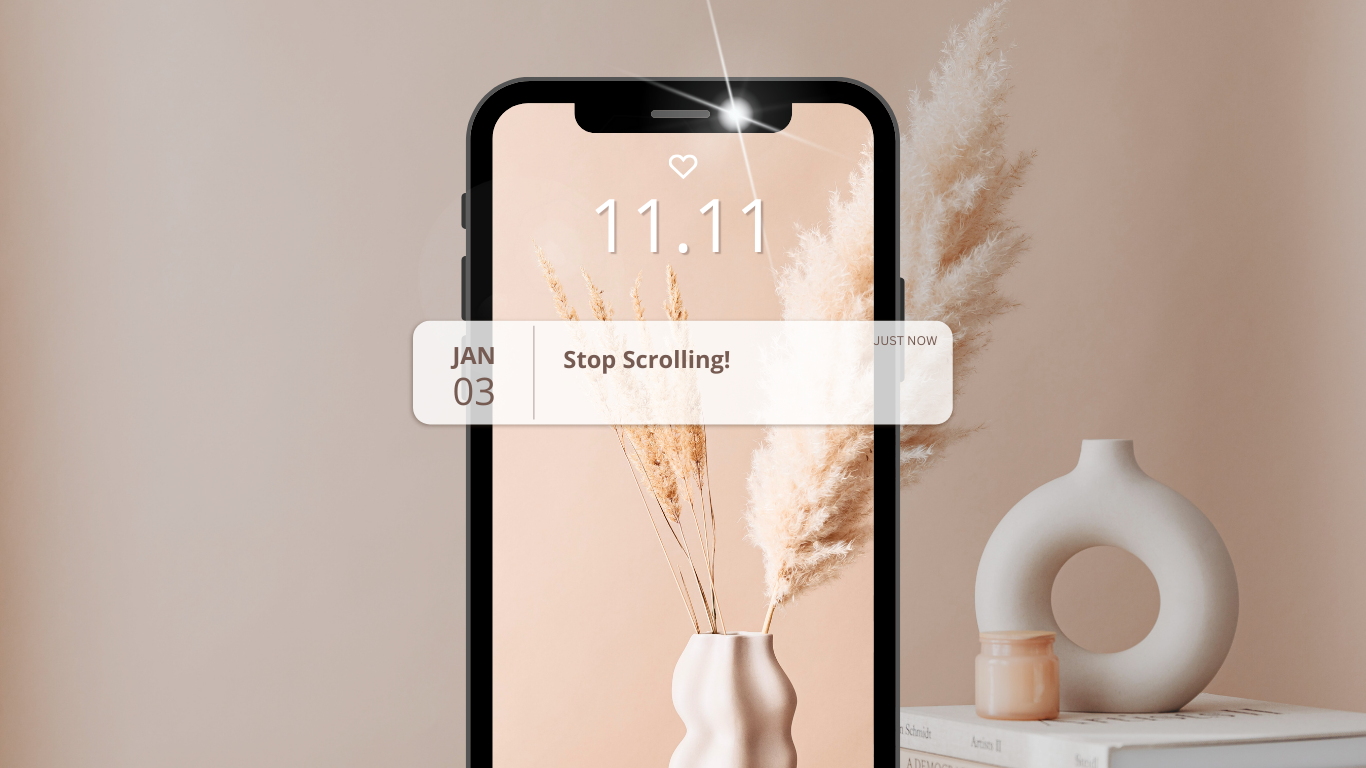
Staring at a screen all day can have serious consequences on our health and overall well-being. From reduced productivity to a decrease in quality of sleep, prolonged screen time can be detrimental to our physical and mental health. Fortunately, there are some simple steps we can take to limit our screen time and improve our health. In this blog post, we’ll discuss a few tips on how to reduce screen time and increase your health and well-being. From setting reminders to making use of technology, these strategies can help you manage your screen time and improve your quality of sleep and overall health.
Studies have shown that excessive screen time can harm our health. The blue light emitted by screens can disrupt our sleep patterns and lead to insomnia. It can also cause eye strain and headaches. Prolonged screen time is often associated with a sedentary lifestyle, which can contribute to weight gain and other health issues. Additionally, spending too much time on screens can lead to social isolation and a decrease in overall mental well-being. It's important to be aware of these potential risks and take steps to overcome them.
How much screen time is considered too much? It's a question many of us ask ourselves, especially in today's digital age. While there isn't a one-size-fits-all answer, studies have shown that spending more than two hours on screens can have detrimental effects on our health and for children over the age of two and under the age of 5 it is said that only one hour of screen time if necessary is appropriate as this can affect the development process of the child as well as there overall health. Did you know? The blue light emitted by screens can disrupt our sleep patterns, the hormone melatonin which controls the ability to make us fell sleepy is decreased in production, therefore leading to insomnia and if you have read the blog post on sleep you'll know why sleep is important. Find a balance and make conscious efforts to limit our screen time. By exploring alternative activities, such as reading, exercising, or spending time outdoors.
Here are five tips on how to reduce the amount of screen time:
1. Set Reminders: Use alarms or notifications to remind yourself to take regular breaks from screens. This can help reduce eye strain and give your mind a much-needed rest.
2. Establish Screen-Free Zones: Designate certain areas in your home as screen-free zones, such as the bedroom or dining area. This will encourage you to engage in alternative activities and promote better sleep.
3. Plan Screen-Free Activities: Schedule activities that don't involve screens, such as reading, playing a musical instrument, or going for a walk. This will provide an alternative form of entertainment and stimulate your mind in different ways.
4. Make Use of Technology: There are various apps and tools available that can help you track and limit your screen time. Utilise these resources to hold yourself accountable and find creative solutions to reduce your screen time.
5. Practice Mindfulness: Take moments throughout the day to be mindful of your screen usage. Reflect on how it makes you feel and assess if you are using screens as a distraction or to avoid other activities. By being aware of your habits, you can make conscious choices to prioritise your health.
By implementing these tips, you can start to reduce your screen time and find alternative solutions for a healthier and more balanced lifestyle. Remember, small changes can have a big impact on your overall health and well-being.
For more information on screen time usage you can refer to your government website: https://aifs.gov.au/resources/short-articles/too-much-time-screens
Thank you for taking the time to read this blog post. Have an amazing day!
